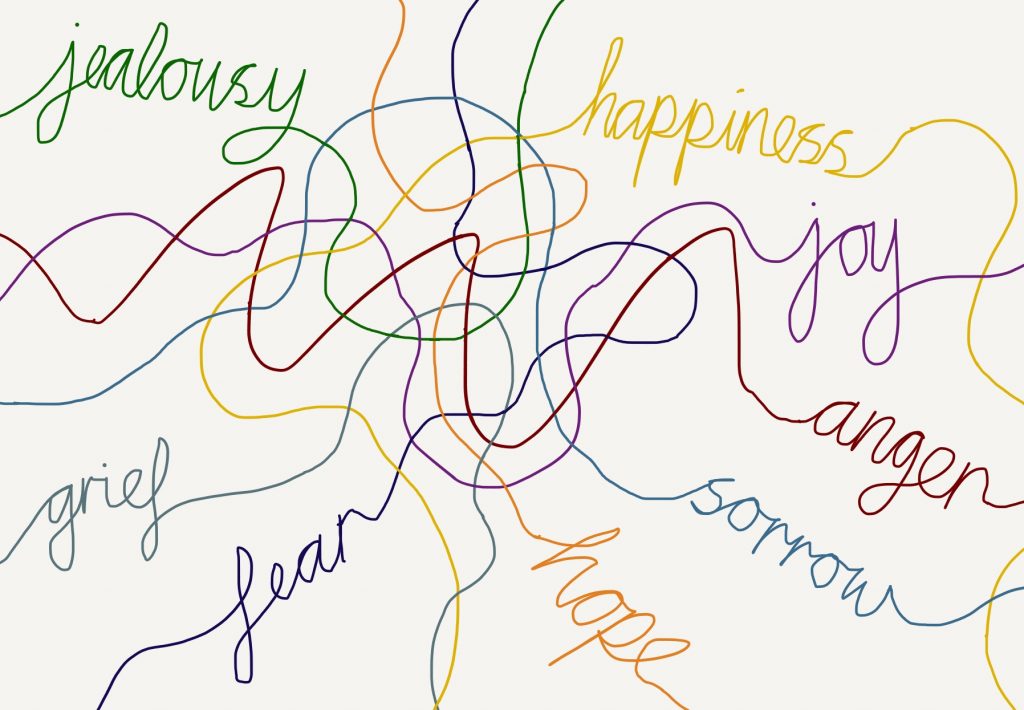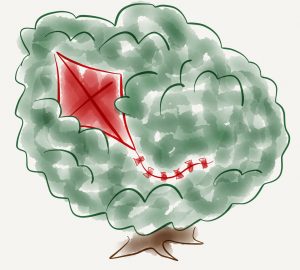
Confronting Christianity: 12 Hard Questions for the World’s Largest Religion was probably my favourite Christian book that I read in 2019. Using an engaging mix of research, anecdote and personal story, McLaughlin gives nuanced answers to some of the big objections to Christianity of our time. Her answers convey complexity in an engaging way, gently challenge assumptions and consistently and winsomely point to the hope and answers held out in the gospel. McLaughlin is an academic and the extensive footnotes make this book look a bit more intimidating than it actually is to read. Many of her anecdotes involve the spiritual journeys of fellow-academics and that may also seem a bit removed for those who haven’t spent time in a uni setting. However, it makes this book a particularly excellent one for educated people who are considering Christianity or who may have dismissed it without exploring it deeply.









Universities and uni students are changing: Lukianoff and Haidt provide a compelling argument for some of the fundamental beliefs that are driving the changes in The Coddling of the American Mind
What doesn’t kill us makes us stronger. If you feel it, it must be true. People are either good or evil. In The Coddling of the American Mind Jonathan Haidt and Greg Lukianoff argue that belief in these three ‘Great Untruths’ is growing among iGen (people born after 1995), in American universities and in society at large. Unchallenged, these beliefs threaten open debate, rigorous thought and the well-being of those who believe them. Haidt and Lukianoff explore a bunch of trends they see feeding into the rise of these beliefs and some practical ideas on how we can grow wiser kids and universities. Their argument occasionally came across as overstated when some qualifications could have done with a little more air time. Nevertheless, I found it an incredibly helpful book, that identifies, critically analyses and challenges certain emerging trends in thinking, feeling, understanding and reacting that are increasingly impacting individuals, unis and public debate. Recommend it for anyone working with uni students, iGen new grads or raising kids.